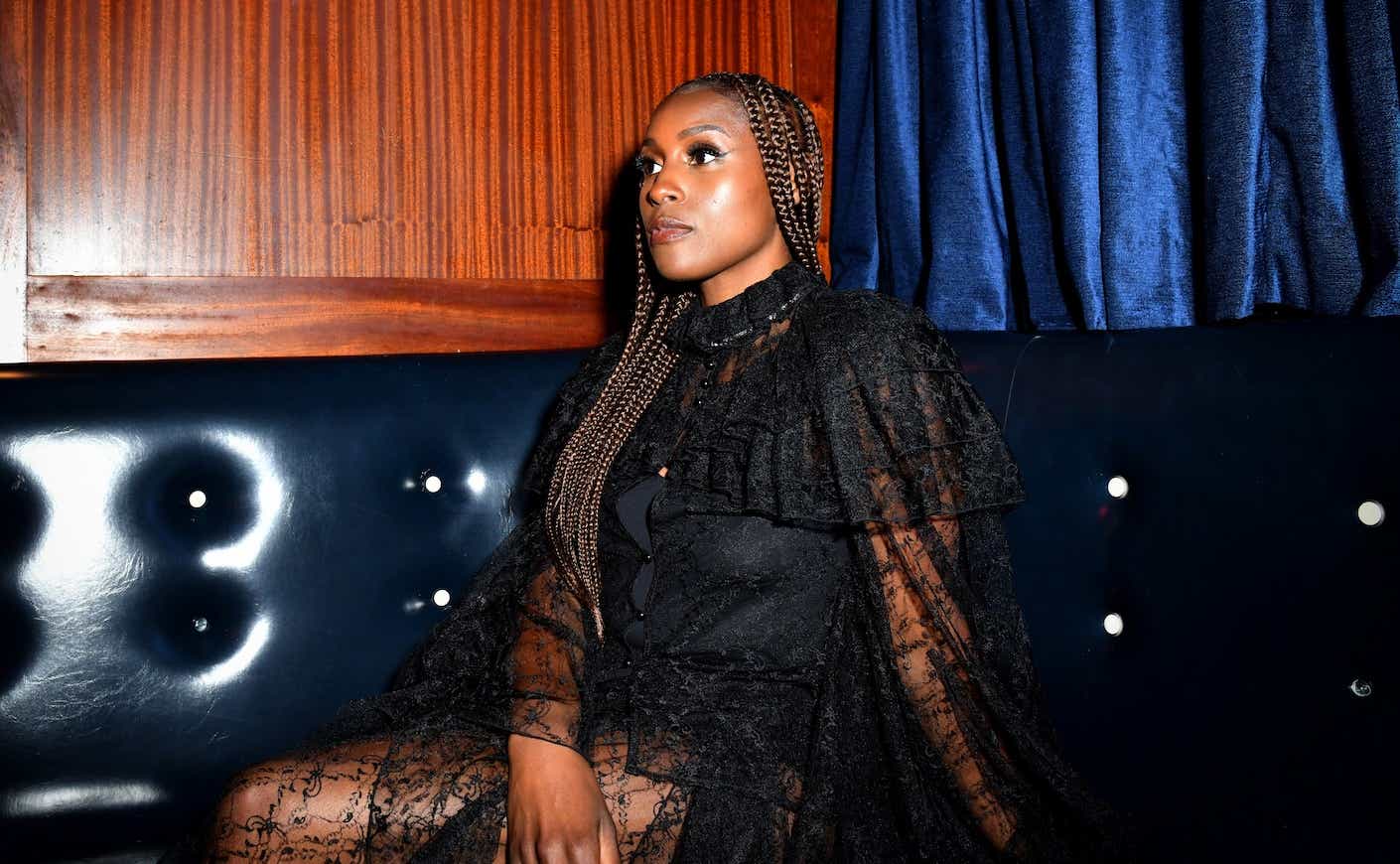In her memoir Going There, Katie gives behind-the-scenes insights into her iconic career — but she also ruminates on the ups and downs of her personal life. She delves into detail, explaining how she moved up the media ladder, and how family, friendship, and romance contributed to her success.
If you were grateful for Katie’s reflections on achieving serious professional advancement (and, since we’re all human, occasional failure) while also dealing with love and loss, we’ve got more where that came from. For those of you who love to read about how the best and brightest in their fields have gotten where they are today, Katie started her video series Getting There. In each video, Katie spends the day with a successful woman to learn how she got to where she is and the advice she has for others. Each interview is a blend of solid career advice and a candid look into the silly, funny, sometimes upsetting parts of life that they navigate as they achieve their dreams.
KCM originally whipped up these because we love learning about how successful women grapple with challenges to become their best selves. And since we all need a little extra inspiration these days, we wanted to remind you that overcoming adversity can be its own reward. Of course, Issa Rae was a natural choice for this series: Since the inception of her groundbreaking career, Rae has been thoughtfully and hilariously exploring her own vulnerabilities. Rae spoke to Katie about how her web series started after she analyzed her own social discomfort. Her hit TV show, Insecure, built on this desire to portray relatable, slice-of-life goofiness, awkwardness, occasional pain, and joy. Read on to learn more about Rae’s early life and process and watch the video below.
Katie Couric: Do you have a morning routine? Do you meditate?
Well, when I'm not shooting, I like to walk, I don't like to exercise — I'm a stereotypical Black woman. But I like being able to gather my thoughts, it's where I feel my most creative.
What is your typical day like?
In LA when I'm filming the show, I don't have much of a life. It's really getting up, reviewing my lines in the hair and makeup trailer, and making sure that the set is properly decorated.
In your childhood, you moved around a lot. How did this influence how you felt about your identity?
You're always reinventing it. You're always trying to accommodate your surroundings. You're just trying to fit in. I hated to be the standout person. You feel alone, you think, “Am I the only one that goes through this?” Then, you realize you're not. I think what I love about those moments is that they unite us all.
Where did you get the idea for Awkward Black Girl?
I was writing in my journal and was thinking, Why am I so antisocial? Why do I get easily embarrassed? I came up with two incomplete sentences: I'm awkward, and I’m Black. That was the genesis of Awkward Black Girl.
The show has been called revolutionary, which is sort of shocking in this day and age.
It's a compliment, but it's also like, “Why is this revolutionary?” It's sad.
You've been partially responsible for redefining what Blackness is. Was that your goal going in?
I did want to have a new archetype. One that I identified with — because there were a bunch of stereotypes. For me, it was about putting something in the world that I could relate to.
Was it hard to stick to your guns?
It would've been hard had I not had the validation of the Internet. This was so precious to me…I didn't want to sell out.
Do you feel like things are changing though?
Yes. We can't let this be an isolated moment, we have to make sure that this continues. That's what feels so powerful and different about this moment in time.
A lot of the attention on the show was based on your relationship with Lawrence. Were you surprised that people went crazy over that relationship?
Beyond surprised. It made me realize how much we lack seeing a regular Black relationship on television.
What is your advice for women who want to get there?
Work with other women who want to get there, who are in lanes that complement your own. That has been central for me — finding dope women who are good at what they do, who are committed, and who want to grow with you.
I hope there are a lot of young African-American women watching this who are inspired by you. What would you say to them?
I'm looking to you to carry the torch. I hope I make you proud. But I hope that you open the doors for people, too. If you're not paying it forward, it's just selfish. If it’s only for you, what's the point?









